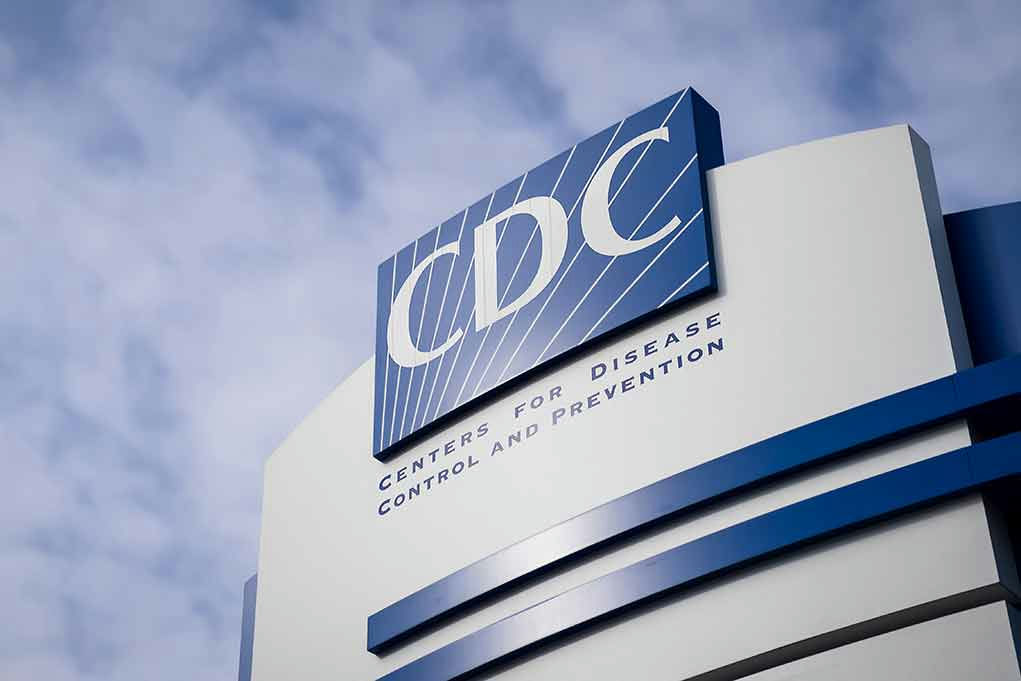A sudden leadership shakeup at America’s top health agency has conservatives questioning who truly controls the CDC and what this means for the future of public health policy—and constitutional freedoms.
CDC Leadership in Turmoil as Trump Administration Acts Swiftly
On August 27, 2025, the White House abruptly removed CDC Director Susan Monarez, installing Jim O’Neill—a top adviser and deputy to Health and Human Services Secretary Robert F. Kennedy Jr.—as acting director the next day. This rapid transition came after just weeks of Monarez’s leadership, signaling a new era of public health policy under President Trump. The move was met with immediate upheaval, as several CDC officials resigned and were escorted out of the Atlanta headquarters, followed by reports of a staff walkout. Such swift and public action is rare in the agency’s history, raising vital questions about the direction and stability of America’s premier disease control institution.
WASHINGTON (AP) — Top adviser to RFK Jr. will serve as acting CDC leader after White House pushes out director, AP source says.
— philip lewis (@Phil_Lewis_) August 28, 2025
RFK Jr., now HHS Secretary, has long been a polarizing figure due to his unorthodox and controversial stance on vaccines. The direct involvement of his deputy in the CDC’s top leadership role has stirred concern from both sides of the aisle. RFK Jr. publicly described the CDC as “very troubled” and called for institutional reform, pledging to restore trust and rebuild the agency. However, critics, including Democratic Senator Patty Murray, have called Kennedy a “dangerous man” and demand his removal, while Republican Senator Bill Cassidy emphasized the need for strict oversight. This clash reflects deep partisan divides and growing anxiety over the CDC’s independence from political agendas.
Internal Resistance and Political Interference Claims Cloud Agency Mission
The ouster of Monarez reportedly stemmed from her resistance to certain directives from the White House and HHS. Multiple sources allege that political interference is now undermining the CDC’s scientific integrity, echoing controversies from the previous decade. Staff morale has plummeted, with high-profile resignations and uncertainty over who is driving policy. Congressional lawmakers warn that such instability could erode the CDC’s credibility, making it harder for Americans to trust guidance on critical issues like vaccine safety and outbreak response. The agency’s leadership is normally subject to Senate confirmation, but acting directors can be appointed without it, giving the administration broad—some say unchecked—control.
As O’Neill takes the reins, the CDC faces confusion over COVID vaccine availability and shifting public health mandates. Reports indicate that some state and local health departments, along with major pharmacies, are struggling to interpret the agency’s evolving guidance. This confusion risks delaying vaccine access and undermining the public’s confidence in the federal response. The pharmaceutical and healthcare industries, already skeptical after years of pandemic turmoil, now face additional uncertainty as new CDC leadership recalibrates regulatory and scientific priorities. Short-term chaos may give way to deeper, longer-term policy shifts—especially on contentious issues like vaccine requirements and emergency preparedness.
Constitutional Values and Oversight Concerns Take Center Stage
For conservatives, the upheaval at the CDC highlights the ongoing battle to rein in federal overreach and restore accountability to public health agencies. The Trump administration’s willingness to act decisively stands in stark contrast to years of perceived bureaucratic stagnation and leftist policy creep. Yet even some Republican lawmakers urge vigilance, stressing that scientific integrity and transparent oversight must not be sacrificed for political expediency. The Senate Health Committee is expected to scrutinize the leadership change, but as long as O’Neill serves in an acting capacity, the administration can bypass confirmation and push forward with its agenda. This scenario has reignited debates over separation of powers, constitutional checks, and the proper limits of executive authority.
'Top adviser to RFK Jr. will serve as acting CDC leader after White House pushes out director, AP source says.' https://t.co/lVAjsh3l0x
— Phil Stripling (@civex) August 28, 2025
Ultimately, the CDC’s future direction will hinge on whether the agency can balance reform with its core mission to protect public health—without succumbing to partisan manipulation. The coming months will test whether the shakeup delivers overdue accountability and transparency, or whether it simply deepens Americans’ mistrust in their most vital scientific institution. For now, families, health professionals, and lawmakers alike are left grappling with uncertainty and the urgent need for answers as the agency navigates one of its most turbulent chapters in modern history.
Sources:
RFK Jr. deputy Jim O’Neill named acting CDC director after Susan Monarez ouster
RFK Jr. deputy named CDC acting director amid turmoil
RFK Jr. deputy named CDC acting director; confusion surrounds COVID vaccine availability

